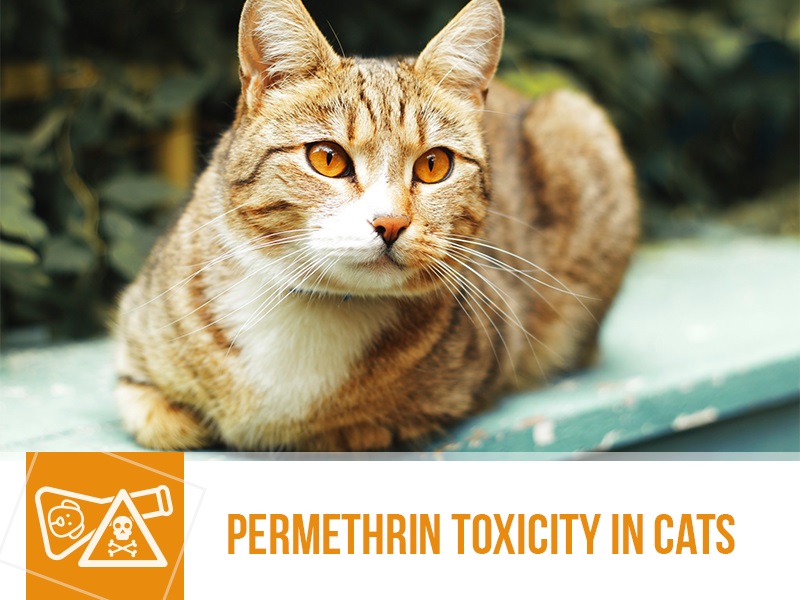
Permethrin toxicity in cats

Permethrin is a molecule that is part of the pyrethroid class of drugs and it's commonly found on formulations for flea and other external parasite control.
It's a synthetic molecule derived from natural compounds found in the flowers of the Chrysanthemum genus. These flowers and their parts are used to repel insects but the natural compounds, called pyrethrins, are easily broken down by light, heat and air.
We contact with permethrin when we buy the spot on and pour ons for our dogs and this drug is safe to be applied on them when used in the correct way either by veterinary indication or per the manufacturer's instructions.
Cats, however, should never be given these sorts of flea treatments! Permethrin and other pyrethroids are highly toxic to cats and even small quantities can induce lethal toxicity.
So why do we put something so toxic to cats on our puppers? Why isn't it toxic for them too?
It's easy to think that cats are simply small sized dogs but the truth is they are radically different species with very different physiologies. This means that the enzymes and detoxification pathways that make permethrin safe to be applied on our dogs are not present in our cats.
Permethrin will affect tissues with a lot of lips like nervous system, liver and kidneys. An intoxicated cat will present with signs as soon as half an hour to several hours after contact. If you see tremors, hyperexcitability, seizures, difficulty breathing, hypersensitive skin or hypersalivation bring your cat to the vet immediately!
Putting dog flea treatment on cats can have severe toxic effects and is very likely to be deadly!
Would you like to know more about cats? Check our Feline Courses:
Feline courses
Published: 24 Nov 2016
Read the previous article: Winter weather precautions

